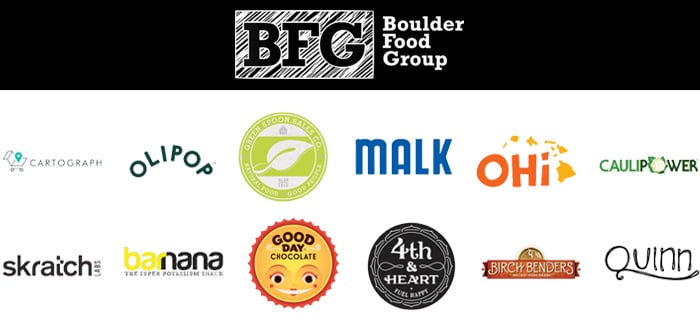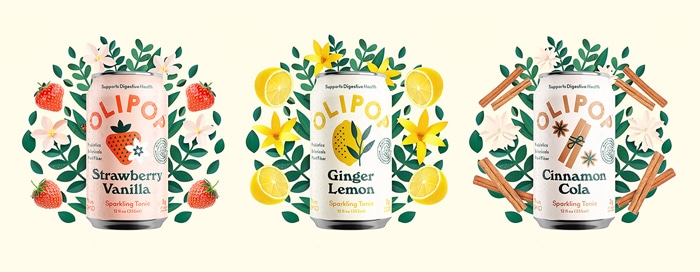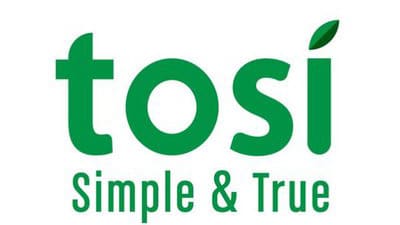BFG Closes Fund II to Back Emerging CPG Brands

Founder and managing partner Tom Spier told NOSH that Fund II was largely comprised of investors from the group’s previous fund.
BFG typically backs organic or non-gmo brands with $1 to $10 million in annual revenue, although Spier said that the fund can flex to invest in larger companies as well as brands with only $10,000 in revenue a month. Given the size of the companies they invest in, generally the fund takes part in seed or series A rounds. The second fund, although larger in size, will maintain this investment thesis. Spier added that investing in better-for-you and better for the planet businesses will remain a key focus.
“We’re not necessarily an impact investing group, but I hope when we look back we feel like we’ve made an impact,” Spier said. “In some cases [the social benefit] is pretty clear and in some cases the company has to work a bit harder to emphasize that.”
Fund I is not yet fully deployed, but BFG is no longer investing in new portfolio companies from it. That fund saw the group invest in roughly a dozen fast-growing, emerging brands including Caulipower, Barnana, Malk and Chameleon Cold Brew — the latter of which sold to Nestle in 2017, two years after BFG invested.
Spier has a strong background as an operator, having previously co-founded of EVOL Foods (acquired by Boulder Brands) and having served as COO of Bear Naked (acquired by Kellogg’s). As a result, he told NOSH, BFG has an advantage over other firms which don’t have on-the ground experience running brands.
“We understand some of the pain points and are able to bring that empathetic view point,” he said.
The investment climate has changed since BFG was first founded five years ago, with larger deals going to earlier stage companies and more and more acquisitions. But rather then see the increased amount of players as competition, Spier said that there’s simply more opportunity for both BFG and its portfolio companies.
“What’s important is that there’s liquidity in the market because that’s good for all of us,” Spier said. “Hopefully that continues and long-term there’s enough of a viewpoint that these private equity firms and legacy food companies continue to want to own the growth that’s coming from the segment.”






















